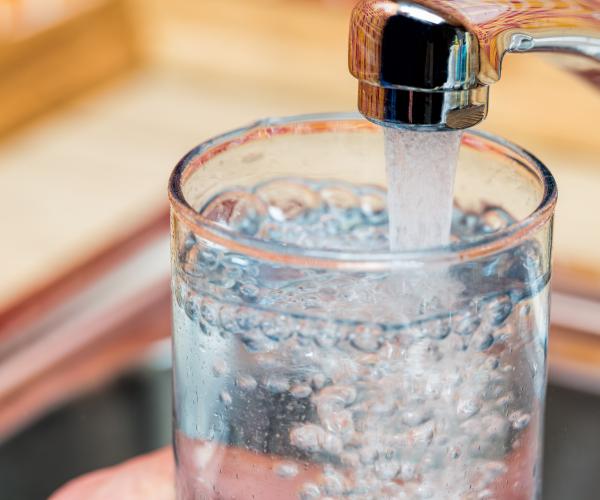
A lot of information about the negative ways in which hard water affects your clothing, hair, skin, and plumbing system exists. It stands to reason that you might wonder what hard water does to your health. Here's a look at hard water and what existing research studies have to say about its effect on human health.
In general, hard water does not pose a threat to human health. Calcium and magnesium are the two minerals most commonly found in hard water. Neither of these minerals are harmful to humans. Calcium is needed to keep the bones, muscles, and blood healthy. Magnesium helps the body to absorb calcium and promotes the body's use of vitamin D within the kidneys. Absorption of the calcium isn't guaranteed though because it is influenced by the presence of other minerals, such as zinc, phosphorus, and iron.
According to sources at the Drinking Water Inspectorate, the composition of hard water may actually offer beneficial aspects for cardiovascular health. In particular, this benefit is due to the presence of calcium and magnesium, two minerals commonly found in hard water. While people should rely on food sources for the primary intake of calcium and magnesium, drinking hard water may contribute to the levels of both minerals within the body.
Unfortunately, hard water sometimes contains elements that endanger human health. Both radon and arsenic are found in the earth and can enter water supplies. Hard water containing high levels of manganese or iron have sometimes been known to contain arsenic, a poison found naturally in the soil.
Even though hard water typically poses no threat to human health, many people prefer to soften their water. Soft water has a lot of benefits. Removing the minerals contained in hard water eliminates problems with lime scale deposits, soap scum, and difficulty getting clothing, dishes, and glassware clean. Installing a water softener can improve the quality of the water without posing any adverse effects on human health.